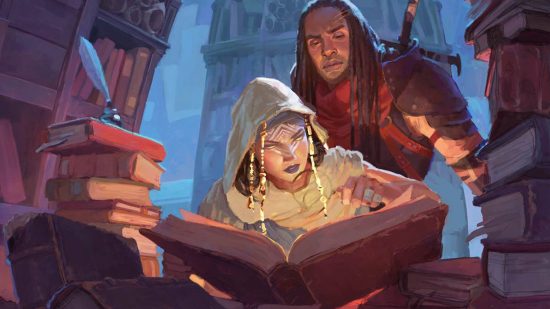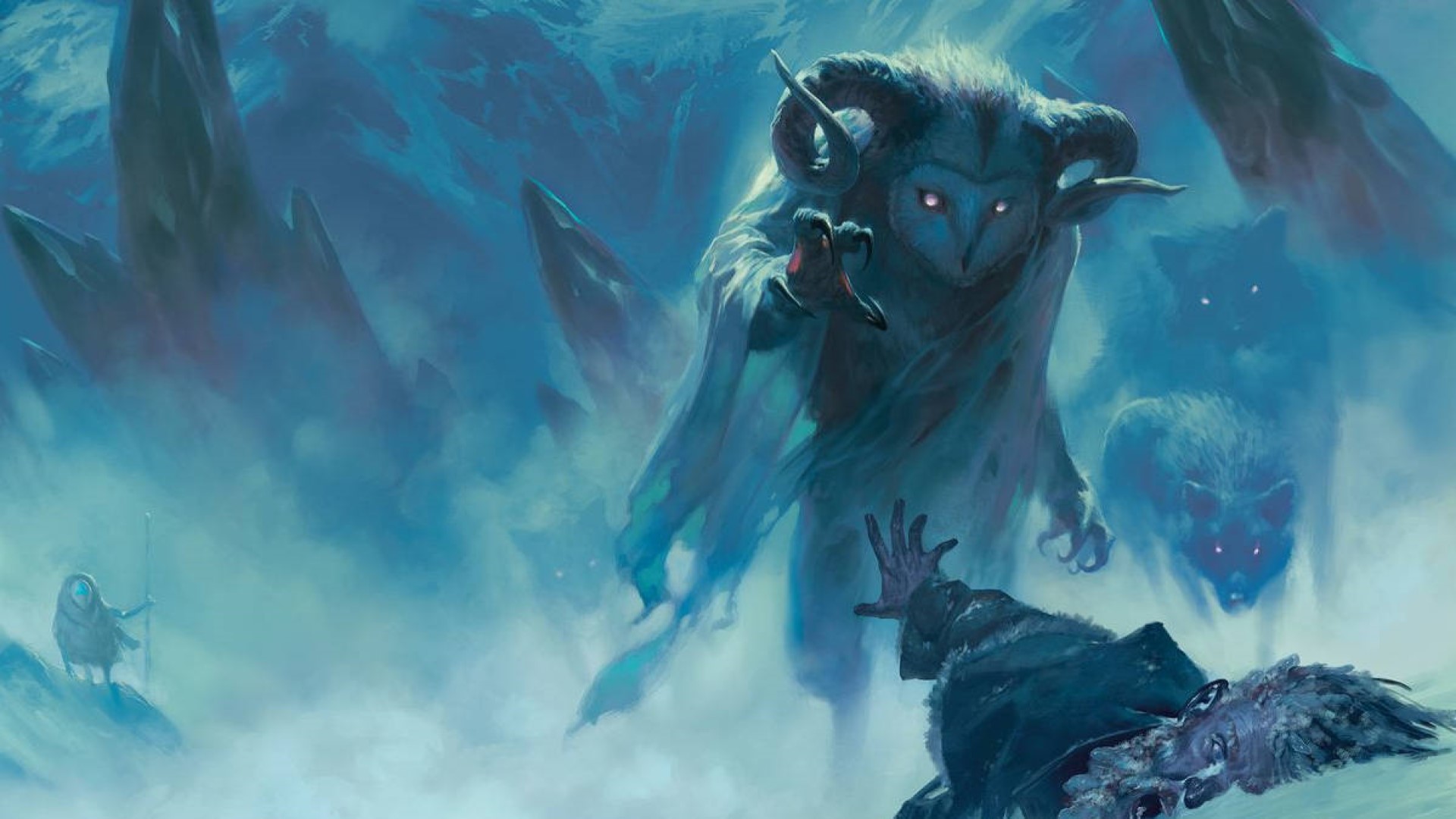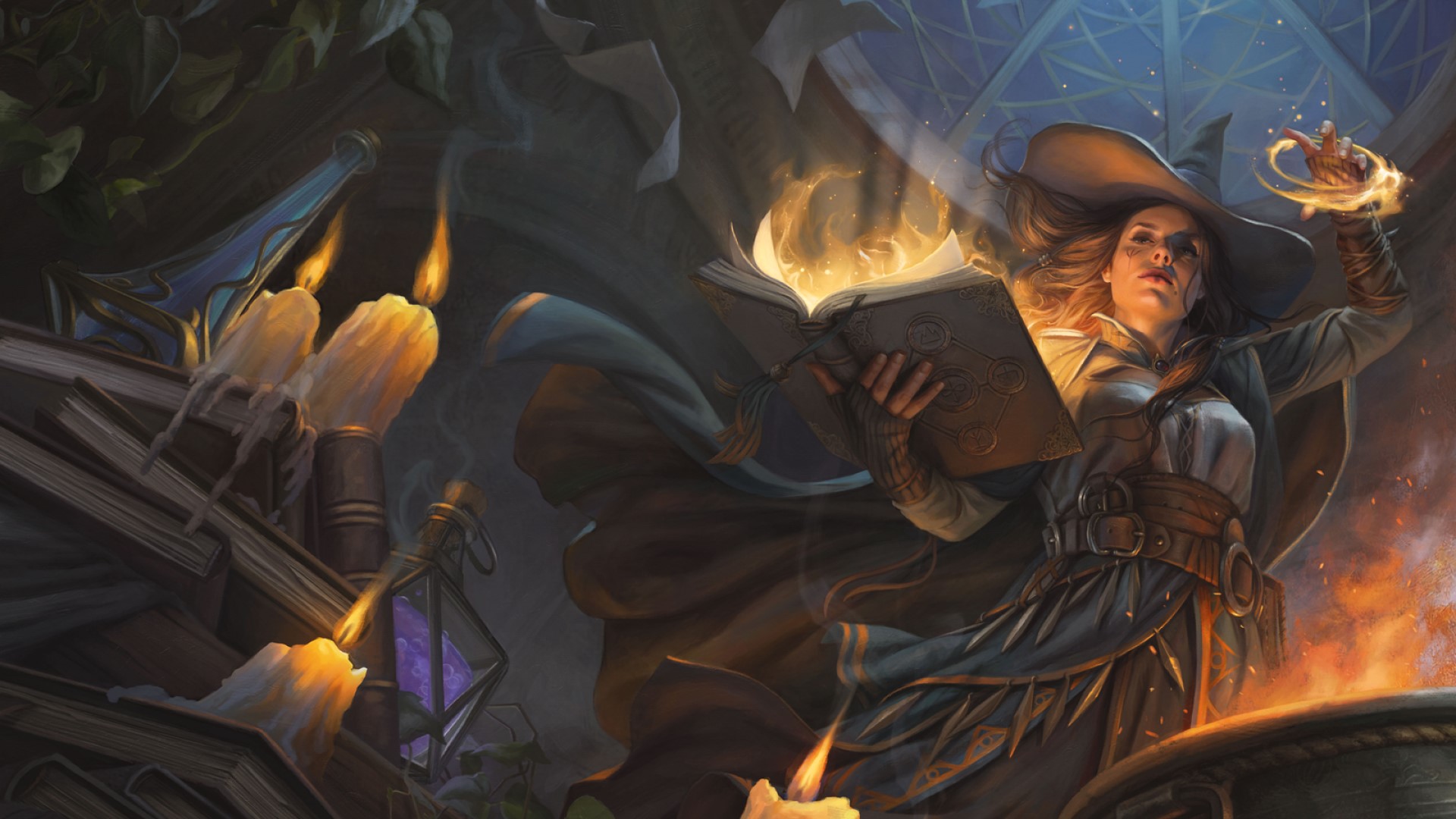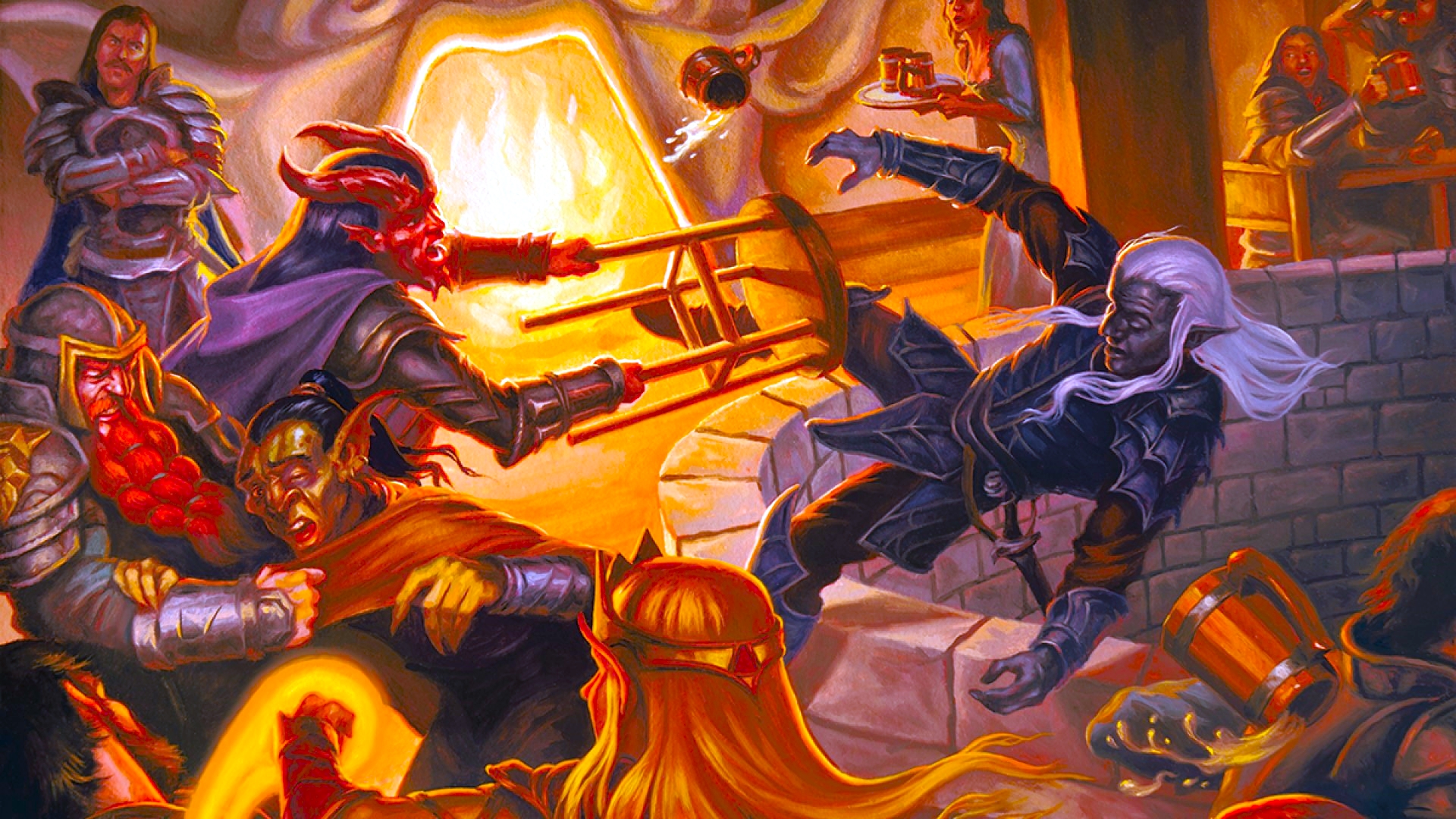The Dungeons and Dragons OGL, or Open Gaming License, is what fans everywhere use to publish third-party DnD content, ensuring they don’t get a slap on the wrist from Wizards of the Coast for doing so. As such, the DnD OGL is extremely important, both for DnD fans and for the success of the game itself. But, if you’re not someone who publishes RPG content, you might not know much about the Open Gaming License and its mysterious companion, the SRD (Systems Reference Document). Here, we’ll cover exactly what the DnD OGL is, and how it works.
What is the DnD OGL?
To put it simply, the DnD OGL is a public copyright license created by Wizards of the Coast, which allows fans to publish and sell royalty-free content compatible with D&D 5e. It allows you to use the contents of the Systems Reference Document (SRD), which contains a version of the fifth edition rules, including all the DnD classes, DnD races, many DnD monsters, and even a description of the key DnD gods and D&D planes.
It certainly doesn’t grant you carte blanche – there are plenty of restrictions on what you can and can’t publish. But at its core, the OGL is valued so highly by tabletop RPG fans because it allows them to create content for the most-widely understood and played TTRPG ruleset in the world, without having to go through Wizards at all.
Provided you keep to all the guidelines, like including a copy of the OGL in your work, you can create your own independent content based on D&D 5e – your own setting book, adventure modules and more – without having to rely on DMs Guild, or give your work away for free, following Wizards’ fan content policy.
What isn’t covered in the DnD OGL?
The OGL is amazing for D&D fans, but it doesn’t give you freedom to make and sell anything you like using Wizard of the Coast’s stuff. You can’t use D&D’s trademarks, which means terms like Dungeon Master, D&D, Dungeons and Dragons, or ‘the worlds greatest roleplaying game’ can’t be on your content, even to indicate compatibility.
Beyond that, you can’t use the things Wizards of the Coast considers its ‘product identity’. That means proper nouns are usually out, so you can’t make works featuring D&D settings or characters.
Any DnD magic items, monsters, 5e spells and so on not included in the SRD can’t be used in your work if you want it to be OGL-compliant. That includes the more unique of D&D’s beasties, stuff like the mindflayer 5e or beholder 5e.
What will happen to the DnD OGL in One D&D?
The Open Gaming Licence has had a pretty tumultuous history. The first version of it was created in 2000 for D&D third edition, but for 4e Wizards switched to a ‘Game System License’, which was far more restrictive in what was permitted.
The company reverted to its original Open Gaming approach for 5e, a move that was widely celebrated – but there’s no guarantee that it’ll release a similar OGL and SRD for One D&D, the next iteration of Dungeons and Dragons that is currently in the works. We do know it’s coming up with an OGL 1.1 for the new edition, however.
In fact, there’ve been many rumours and leaks around the OGL 1.1 recently which have D&D fans reliant on the license feeling extremely nervous and/or angry. Wizards initially insisted the OGL was “not going away”, but in early 2023, Gizmodo reported on a “a leaked draft of the document, dated mid-December” from an unnamed source .
It says the new OGL 1.1 nullifies the existing OGL agreement, is much longer, requires you to register work with Wizards, and lets them change or scrap the agreement if and when they choose to.
Wizards confirmed this leak was real in a statement on January 13. This, along with a more candid OGL apology a few days later, scrapped some of the more controversial ideas from the leaked OGL 1.1 draft. These include planned royalty payments and restrictive language around ownership of third-party content. Additionally, Wizards says the next draft will be shared publicly, with a system of feedback similar to that seen with One D&D playtests.
What does the future of the OGL look like?
The OGL 1.1 leak has had several effects that may impact what the OGL looks like, how it’s used, and how important it is in future.
The public backlash led to further alleged leaks about practices behind closed doors at D&D, but so far Wizards of the Coast has labelled these as “misinformation“. While the OGL outrage likely isn’t big enough to topple the Hasbro subsidiary completely, it’s definitely made a dent in Wizards of the Coast’s image as far as the court of public opinion goes.
Many publishers of third-party RPG content made plans to leave 5e behind entirely or expand into other systems. One notable example is Kobold Press’ open RPG rules, Project Black Flag. This RPG system was in development before the leak, but it was announced at the controversy’s height. It also vows to operate under the ORC, a DnD OGL alternative spearheaded by Pathfinder publisher Paizo. This too was announced in response to the OGL 1.1 leak.
Paizo wasn’t alone in developing a different third-party license, as Free League announced two OGLs around the same time. Whatever the new version of the D&D OGL looks like in its final state, it’ll suddenly have a lot more competition. The dominance of D&D in the third-party TTRPG market may one day be in question.



